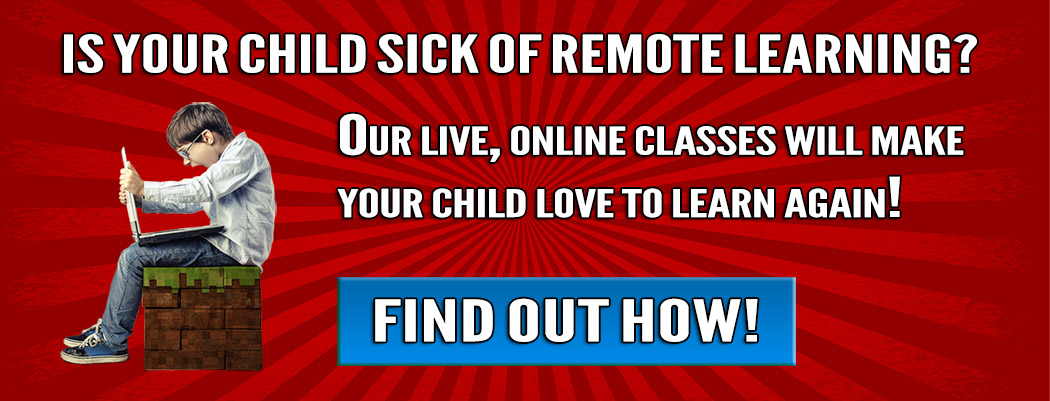Video games that can actually treat ADHD: a dream come true for many kids with ADHD. I can see these kids now…
“Jamie, it’s time to stop playing your video game.”
“But mom, I ‘m busy learning how to stay focused and get organized!”
As our understanding of ADHD progresses, the capacities for treatment also have evolved. More and more psychologists, pediatricians, and neuroscientists have begun to recognize ADHD as a disorder of executive functions. This approach transforms the goals of treatment from calming the child down to providing skills for self-management of behaviors and emotions. It changes efforts from focus and attention to developing skills for working memory, organization, planning, time management, and persistence. Viewing ADHD from the lens of executive functioning also places less reliance on medication as a treatment and more upon skills development. This is not to say that medication does not have its place. In fact, for some kids, medication is what facilitates the child’s ability to work on these skills. The perspective of ADHD as a disorder of executive functioning also opens the door for new innovations for kids with ADHD.
Many of the newest innovations are technology-based. This is the purview of our team at LearningWorks for Kids and the basis for our LW4K LIVE program. Because we know from research and observation that kids with ADHD are more engaged with technology and screens than traditional learning tools, finding new and innovative treatments that use technology holds a great deal of promise. Many of these newer technologies are directed to one aspect of executive functioning. For example, there have been several tools that focus on improving working memory skills. Others have targeted executive control. Some others have targeted self-control and emotional regulation. From our perspective at LW4K, this makes perfect sense. All kids with ADHD are not the same. If we simply use the symptom checklist from the DSM-V (Diagnostic Statistical Manual -Fith Edition), we can come up with more than 250,000 variations of ADHD. However, this new approach to treating ADHD, needs to be tweaked, so that the treatment fits the child’s needs.
As a first step, I suggest that we examine specific executive functioning skills that may contribute to the symptoms of a child’s ADHD. As all kids with ADHD are very different from each other, it may be that one child’s symptoms of weak working memory are more important than difficulties with self-regulation. Once we determine this, we can begin to think about how best to treat the child with strategies that go beyond medication. Each of the following technologies is a potentially highly effective treatment for ADHD, but target different components of ADHD and may work better for some kids than others. We encourage you to go to their websites or articles about them to learn more directly about how they might help your child with ADHD. Here are two new innovations for kids with ADHD.
Endeavor from Akilli- Kids play a video game designed to improve executive control. The games were designed to be as much fun as a typical video game and started with the premise that kid’s engagement would be the key to learning. Endeavor uses “go no go tasks” and action games to promote learning. Both of these game mechanics have been demonstrated to enhance attention in players in previous research. Go no go tasks require intense concentration and the use of working-memory skills. Action games depend upon flexible thinking, quick decision-making, and selective attention for success. From their website, Akilli describes their research as ”EndeavorRx has been studied across five clinical studies in more than 600 children diagnosed with ADHD, including a prospective, randomized, controlled study published in The Lancet Digital Health journal, which showed EndeavorRx improved objective measures of attention in children with ADHD. After four weeks of EndeavorRx treatment, one-third of children no longer had a measurable attention deficit on at least one measure of objective attention.”
Neuromotion Labs- Mightier. The Mightier program is a video game that challenges kids to manage their emotions effectively in order to perform well in their video gameplay. Kids play a series of fun games while wearing a heart rate monitor and learn to bring their heart rate down and in turn regulate emotions. Essentially, the child learns skills to lower his heart rate below a threshold set specifically for him. Then, by keeping calm they become able to master the game and develop an awareness of their mind/body connection. From the Mightier site, “During challenging moments in the game, we walk the player through regulation skills like deep breathing to help them bring their heart rate back down. These moments of practice help build the muscle memory needed to call on regulation skills in real-life situations.”
One area that we predict will explode as a treatment for ADHD in the 2020s is that of virtual reality (VR). Currently, there are a few tools available, though the research is limited. Because VR is designed to present real-world situations to the viewer, it can be readily adapted to different aged kids as well as to both home and school settings. New VR headsets have made the experience more realistic and the prices are going down, so expect to see more VR treatments for ADHD being offered. As VR hardware becomes more widely available, some of the research will go beyond its use as an assessment tool and shows promise for generalizable treatment.






